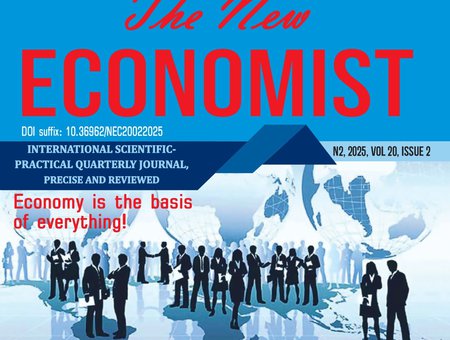Due to its geopolitical location, the Georgian state has constantly experienced tense and often difficult relations with external political actors. The history of our country is a complex tapestry of both positive and negative events, which have profoundly shaped the ethnopsychology, traditions, cultural existence, and political relations of the Georgian people living at a perilous crossroads. If any country can be said to have traversed a turbulent historical path, it is Georgia — whose history, situated at a geopolitical crossroads, is a continuous narrative of persistent scrutiny, the search for political orientation, overcoming internal and external contradictions, and the struggle against myriad adversities.
Naturally, Georgia’s geopolitics remain unchanged today, and the interests of various world empires are intensely reflected in the ongoing conflicts that form a red thread throughout contemporary Georgian politics and public discourse.
The functioning of the Georgian state, its welfare, stability, and the prevention of the fragmentation of its society into separate, mutually antagonistic enclaves vulnerable to dissolution must be sought through adherence to the rules of political engagement and through transforming the existing reality. This approach demands the formulation of a strategic development action plan, which through systematic and consistent efforts, will enable Georgia — by upholding the balance of additional interests of key political regulators and global powers — to acquire an international role commensurate with its worldview and environmental conditions, to justify the necessity of a unified space including vis-à-vis the external world, to restore or create a new, full-fledged democratic environment, and once again become an organically whole, unified, multiethnic state.
A prerequisite for achieving this objective is, taking into account domestic and external factors, to identify a theme that internally consolidates the nation — linked to the unity of Georgia as a nation and the supreme value of freedom as an eternal ideal — and externally reflects the recognized unified approach of the international community regarding Georgia’s territorial integrity. The only theme that meets these criteria is associated with the resolution of the pseudo-ethnopolitical conflict over Abkhazia (as well as the so-called South Ossetia).
More broadly, conflicts have occupied a central place in human history. Since the 19th century, and particularly throughout the 20th century, a specific form of conflict has entered international politics on a large scale — conflicts between nations and ethnic groups. It is widely believed that a significant factor in this development was the misinterpretation of the “right of self-determination among peoples” that emerged during the decolonization era. Consequently, all conflicts, including ethnopolitical ones, are characterized by an exceptionally complex and multifaceted nature. Georgia exemplifies this complexity — a country whose natural geopolitical advantage became an obstacle to conflict resolution. The reasons are clear. At the threshold of the post-Soviet transformation, no Georgian government was able to: Secure for the country its rightful place according to its natural and historical functions, nor take steps adequate to the demands of the time; Identify and manage the traditionally involved external factors in Georgia’s future fate — the inherently confrontational forces, the main geopolitical centers, transnational corporations, political systems, dominant global and regional leaders — and the anticipated threats posed by replacement states.
Due to the contradictory nature of various states, it was not understood that Georgia’s territory is insufficient to serve as the exclusive space for the convergence of interests and powers of all key stakeholders, much less to reconcile these interests with those of the Georgian state itself.



